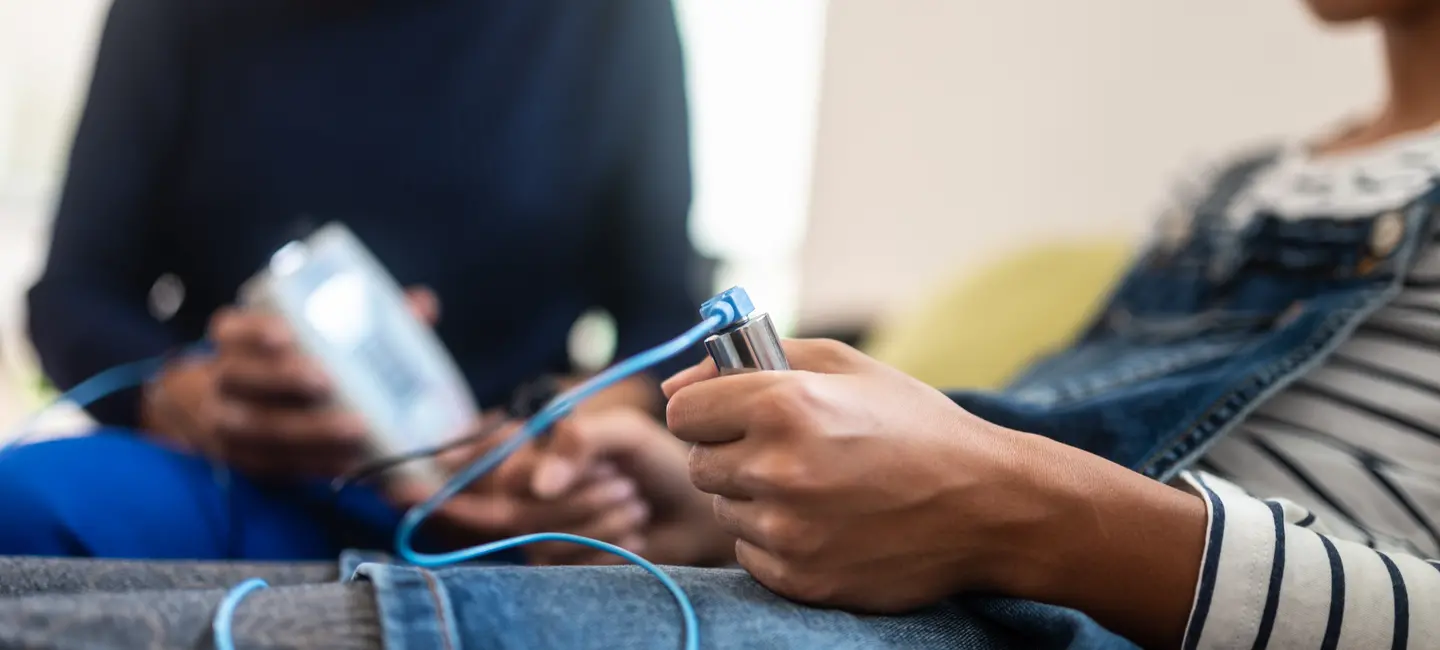
Bioresonance is a method used to diagnose disease or medical conditions based on electromagnetic waves. It is also used for treating conditions associated with "abnormal" electromagnetic waves including pain, headaches, migraine, circulatory conditions, and skin diseases. But there is no good scientific evidence to support these uses.
Bioresonance uses an instrument called the Mora device that is believed to receive and measure electromagnetic waves that are emitted from a person's body. Bioresonance and the Mora device were created by Dr. F. Morrell in Germany in the 1970s.
Is It Effective?
NatMed Pro rates effectiveness based on scientific evidence according to the following scale: Effective, Likely Effective, Possibly Effective, Possibly Ineffective, Likely Ineffective, Ineffective, and Insufficient Evidence to Rate.
- Swelling in the arms or legs caused by damage to the lymph system (lymphedema). Early research suggests that using the Transponder bioresonance device might reduce symptoms of lymphedema.
- Scaly, itchy skin (psoriasis). Early research suggests that receiving a bioresonance light treatment and using a bioresonance lotion might improve symptoms of psoriasis.
- Quitting smoking. Early research suggests that using the Mora bioresonance device and taking bioresonance drops by mouth might help people quit smoking.
- Circulatory conditions.
- Headaches.
- Identifying or diagnosing medical conditions.
- Migraine.
- Pain.
- Rheumatoid arthritis (RA). .
- Skin diseases.
- Other conditions.
More evidence is needed to rate the effectiveness of bioresonance for these uses.
Is it Safe?
Bioresonance uses an instrument called the Mora device that is believed to receive and measure electromagnetic waves that are emitted from a person's body. The device identifies "abnormal" waves, which are associated with disease, and then "normalizes" the waves. The normalized waves are then sent back to the person to treat the condition. Bioresonance devices are also thought to collect electromagnetic waves emitted from substances that are related to disease symptoms. Then, the devices are thought to emanate those waves on to the person with the disease for healing purposes.
There is no reliable scientific evidence that bioresonance is an accurate indicator of medical conditions or disease or an effective treatment for any condition.
Bioresonance is POSSIBLY SAFE if used appropriately. The Mora and Transponder bioresonance devices have been used without reports of adverse effects. Also, since bioresonance is not invasive, it wouldn't be expected to cause harm. But people shouldn't rely on bioresonance to diagnose or treat diseases instead of using proven diagnostic techniques or treatments.
Special Precautions & Warnings:
Pregnancy and breast-feeding: There isn't enough reliable information to know if bioresonance is safe when pregnant or breast feeding. Stay on the safe side and avoid use.
It is not known if this treatment interacts with any medicines. Before using this treatment, talk with your health professional if you take any medications.
There are no known interactions with herbs and supplements.
There are no known interactions with foods.
The appropriate or safe use of bioresonance depends on several factors such as the condition being treated or the person administering the treatment. Be sure to seek and follow relevant directions from your physician or other healthcare professional before using this treatment.
Appareil Mora, Biocom, Biocommunication, Biophysical Information, Biorésonance, Bioresonance Therapy, Biorresonancia, Information Biophysique, Mora Device, Mora Therapy, Morathérapie, Multicom, Multiresonance, Multirésonance, Thérapie Mora.
Information on this website is for informational use only and is not intended to replace professional medical advice, diagnosis, or treatment. While evidence-based, it is not guaranteed to be error-free and is not intended to meet any particular user’s needs or requirements or to cover all possible uses, safety concerns, interactions, outcomes, or adverse effects. Always check with your doctor or other medical professional before making healthcare decisions (including taking any medication) and do not delay or disregard seeking medical advice or treatment based on any information displayed on this website.
© TRC Healthcare 2024. All rights reserved. Use and/or distribution is permitted only pursuant to a valid license or other permission from TRC Healthcare.
